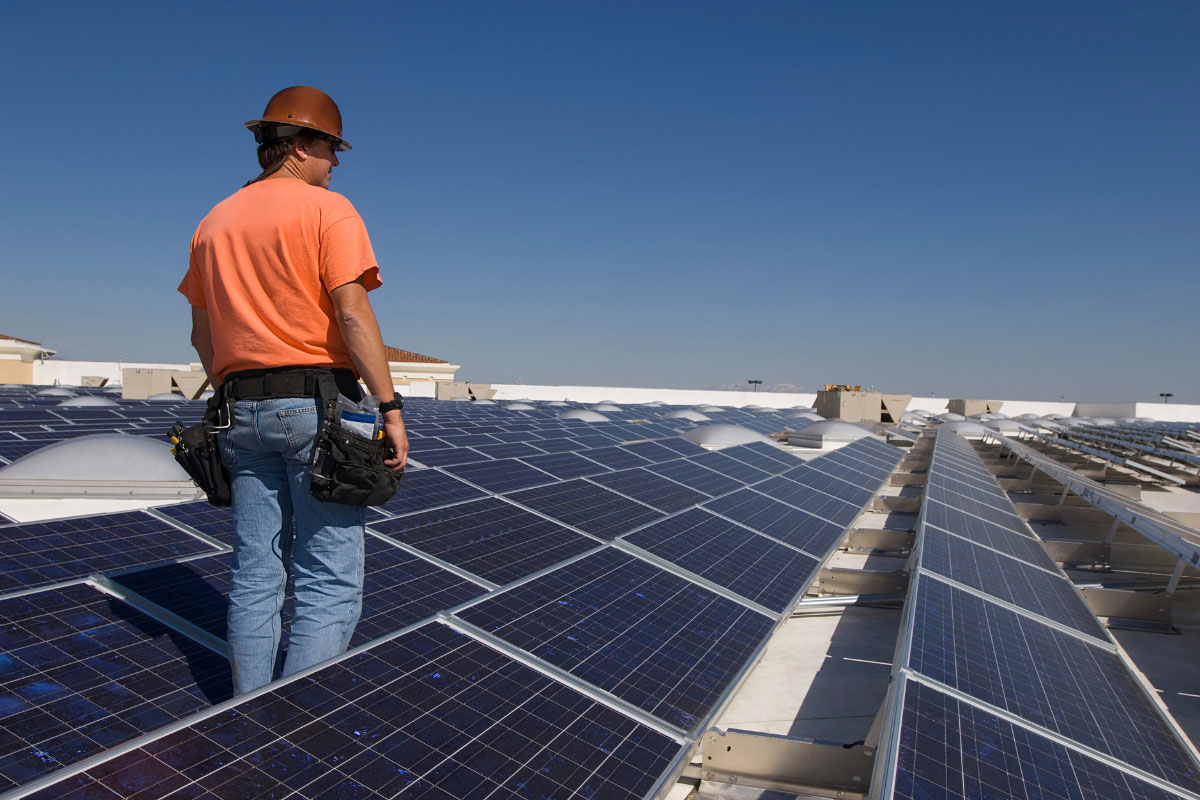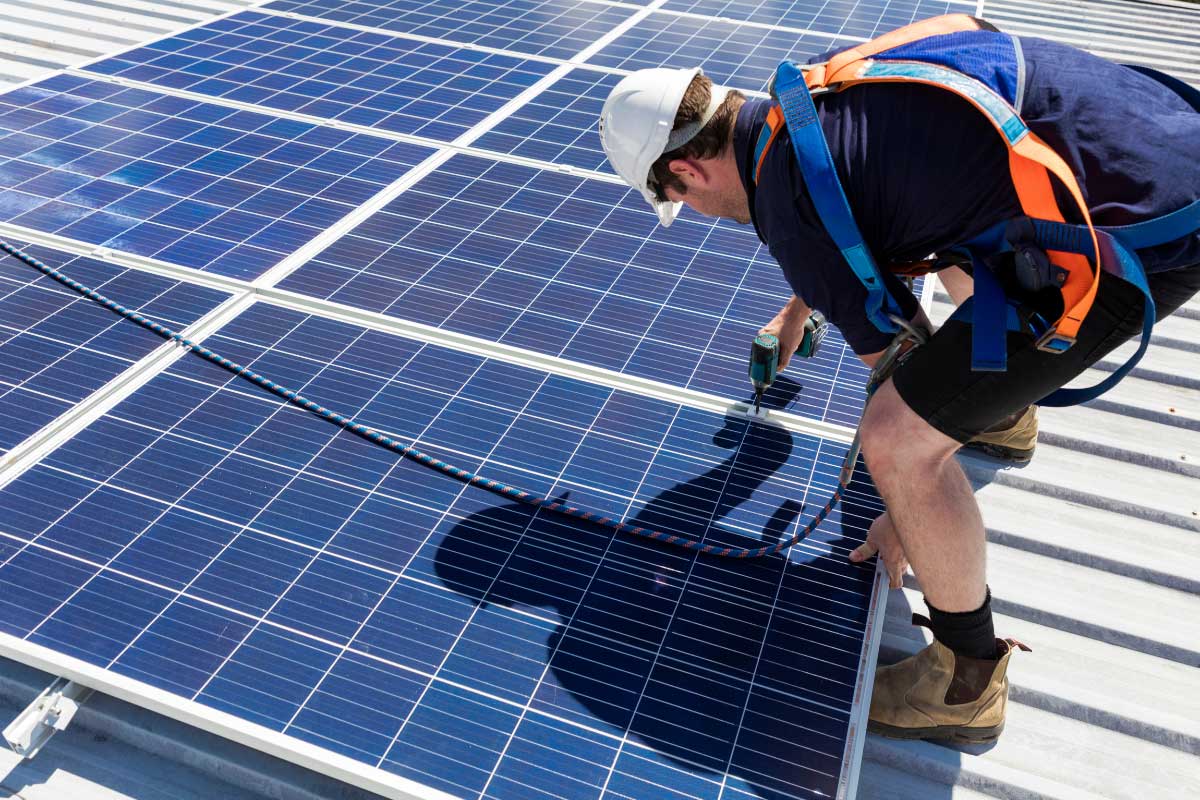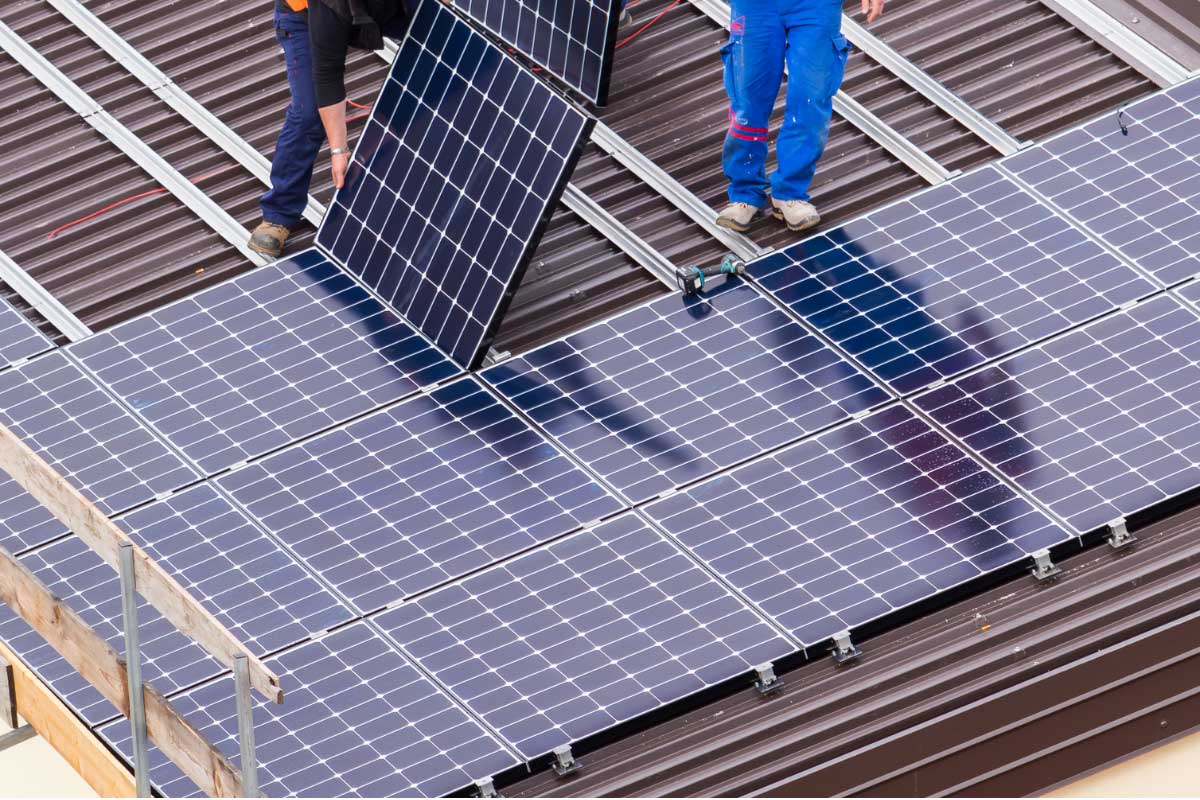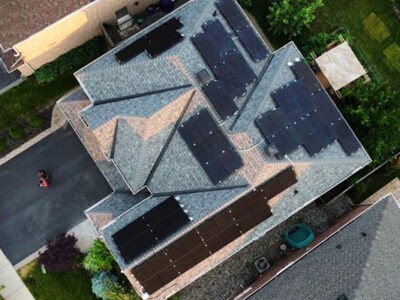A new commercial solar financing program offered through Canada’s Vancity Community Investment Bank (VCIB) will provide Canadian businesses and nonprofits—loans of up to 10 million dollars to install solar panels on their properties. This program represents Canada’s first solar-oriented loan program for organizations interested in producing and financing their own installations instead of buying power from an energy developer.
The unveiling of this program comes off the heels of an announcement that Canada has committed to a new and more aggressive carbon emissions reduction target. The country had previously outlined a goal of reducing 1990 level emissions by 30% by 2030, the new commitment is a reduction of between 40-45% by 2030.
According to Robert Hornung, president and CEO of the Canadian Renewable Energy Association, achieving this target will require a fully decarbonized electricity grid by 2035 in addition to doubling the total grid’s capacity, “so that electricity can substitute for fossil fuels in transport, buildings, and industry.”

The shift toward clean, reliable, affordable electricity is most visible in the rapid proliferation of solar panels mounted on the roofs of businesses.
Economic decarbonization will require the use of many sources of carbon-free electricity, including solar energy, in order to achieve broad emission reductions. Consistent and sustainable deployment will be necessary to quickly scale clean technologies, meaning access to resources and the removal of roadblocks from the procurement process will be of utmost importance.
Solar energy is already cost-effective, and some of the highest quality products are readily available throughout Canada. What’s been missing, according to VCIB’s managing director of commercial impact banking, Trish Nixon, has been efficient financing and business models for private, commercial businesses. VCIB’s new financing initiative helps solar installers connect their clients with equipment financing to fund up to 90% of the hard and soft costs of an installation. Its integrated process reduces the opportunity cost associated with finding and securing project funding.
The program’s minimum loan size is $500,000, with rates offered between 4.5-7.5% as of the publish date. Application processing takes four weeks and repayment periods range from 5-10 years. The loans depend on the quality of equipment being used and the creditworthiness of the end customer. As per the solar industry norm, the bank requires solar installations to be insured, which typically means wrapping solar into an existing building policy.

The solar panels used in commercial and industrial-scale installations are oftentimes larger than residential panels.
There is no pre-approved list of products that can be funded through this program; however, it should be noted that only installations that meet the bank’s quality assurance policies will be approved for capital loans. This means that all equipment being used should have CSA approval and carry industry-standard warranties. Installations themselves should meet the appropriate health and safety standards (following industry best practices) to make the projects lawful in Canada.
This programmatic initiative is only available to commercial clients of solar installers. VCIB does, however, plan to expand its coverage to accommodate a broader range of clean technologies, including energy storage, retrofit financing, and EV charging, as a way of offering businesses and nonprofits an integrated and cost-effective path to net-zero emissions. At present, VCIB evaluates such projects on an individual basis and will work to structure bespoke financing solutions.
The unveiling of this program is a clear indicator that Canada’s renewable energy sector, particularly solar energy, is quickly maturing. Combined with the recently announced federal solar incentives, this program is likely to play an instrumental role in facilitating Canada’s transition to a clean economy, as it recognizes that a variety of market segments, including business owners and farmers, are capable of benefiting from green energy. Traditionally, independent power producers have dominated renewable energy generation, but this is quickly changing as solar technologies increasingly decentralize.
VCIB may be the only Canadian bank to offer a solar-specific financing program for now, but this is unlikely to remain for long. Other financial institutions will inevitably adapt their practices as more customers become interested in making cleantech investments, whether to reduce electricity bills, gain energy independence and reliability, or to fight the climate crisis and improve neighbourhood sustainability.
Expect Canada’s major banks to be paying close attention to this program in the coming months as they decide how and when to proceed with their own cleantech initiatives. After all, with the unveiling of this program, VCIB has set the market standard for commercial solar lending in Canada.













Comments